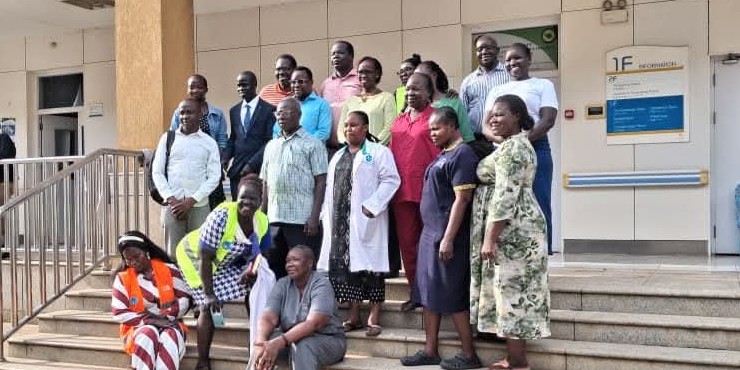
For more than 30 South Sudanese women, life has taken a transformative turn after receiving successful obstetric fistula surgeries at Juba Teaching Hospital.
Once stigmatized and isolated by this debilitating childbirth injury, these women are now stepping into a future filled with hope, health, and renewed opportunity, thanks to a two-week medical campaign supported by the government and health partners.
The closing ceremony of the campaign brought together doctors, nurses, midwives, government officials, and development partners to celebrate the milestone, highlighting the collaborative effort to restore lives shattered by years of suffering.
Obstetric fistula, a preventable condition resulting from prolonged, obstructed labor without timely medical intervention, often leaves women incontinent and socially marginalized.
Many survivors’ experience isolation, shame, and psychological trauma.
“Healing goes beyond repairing the body. These mothers are receiving psychological support and funds to start small businesses.
It’s about restoring their lives and empowering them to live fully again,” said Ann Modong, Project Officer for Amref Health Africa.
Among the beneficiaries is Mary Lado, who lived with fistula for over five years.
“I felt rejected in my own community because of the condition. But today, after the surgery, I feel like a new person. I thank the doctors and those who stood with us. Now I can go home and live without shame,” she shared with tears of relief.
The Ministry of Health has prioritized the fight against fistula in its national health agenda.
According to Akech Deng, National Fistula Coordinator, a government-led strategy is already underway to eliminate the condition by 2030.
“We have developed a national plan with UNFPA, the Government of Norway, and other partners. Mobilisers are reaching schools, churches, hospitals, and chiefs under the Boma Health Initiative to raise awareness,” Akech explained.
Importantly, all fistula surgeries are provided free of charge, with women also receiving accommodation and recovery support packages.
“No woman should be left behind because of poverty or stigma. As a government, together with our partners, we are determined to end obstetric fistula in South Sudan,” Akech added.
For the 33 women who walked out of Juba Teaching Hospital, the story is one of resilience, empowerment, and hope. It is also a testament to a nation taking concrete steps to safeguard maternal health and ensure that no mother suffers in silence.
Globally, the World Health Organization estimates over half a million women live with untreated fistula, mostly in low-income countries. In South Sudan, campaigns like this one demonstrate that with commitment, expertise, and community support, the condition is both preventable and treatable, giving women the chance to reclaim their lives.

